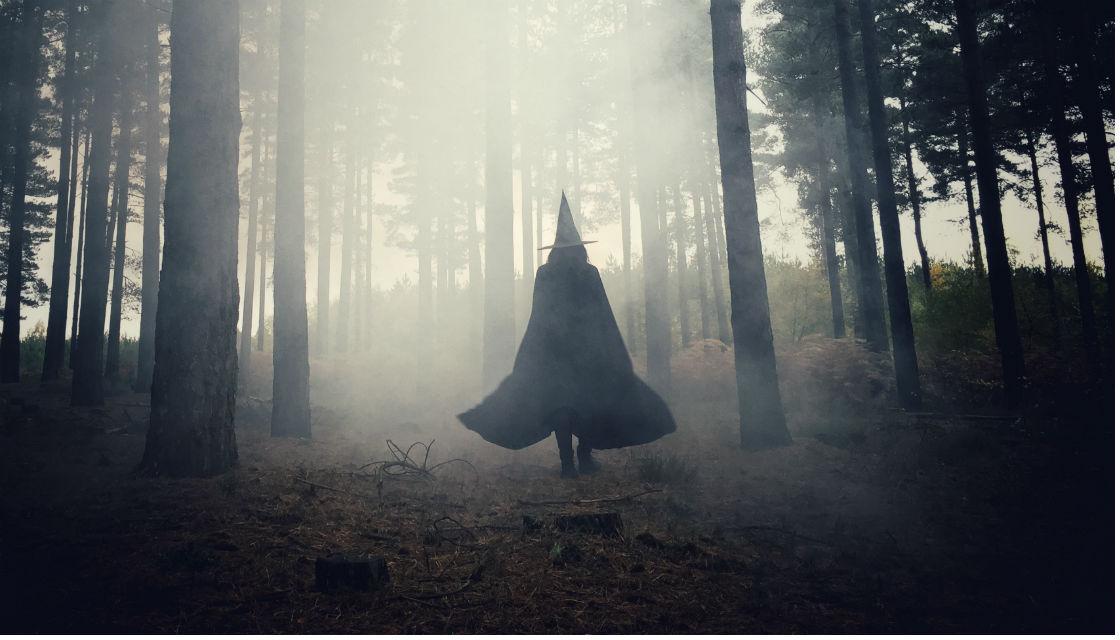A lawyer in Scotland is on a mission to exonerate thousands of women who are still legally classified as witches.
The charges date back hundreds of years, and include crimes such as fornicating with the devil, putting spells on neighbours' cattle, or even owning a black cat.
Torryburn is a charming wee Scottish village on the shores of the Firth of Forth but it has a dark past where any kind of charms meant torture and death.
A small plaque marks the only known gravesite of a so-called witch in Scotland, Lilias Adie. Accused of lying with the devil, she died in 1704 awaiting trial and was buried on the beach.
"They put a huge slab on top of her body, such was the fear that she would return from the grave," says Claire Mitchell QC, who is behind the Witches of Scotland campaign.
Mitchell wants justice for Adie and the thousands of other women who were tortured and sentenced to death for witchcraft.
"I really think it's important that however long in history that's gone past, we have to identify it was wrong to happen to those people," she says.
She wants the convictions expunged by the government, and an apology issued.
"It's important we send out a strong message as a society that what was done here in the name of supposed witchcraft was a very, very wrong thing," she adds.

Edinburgh was a cauldron for witch-hunting in the 15, 16, and 1700s. The courtyard in front of its famous castle was where witch-burning took place.
Take a walk around the streets today and there are witch-themed restaurants and shops. Robin Mitchell's made it his job - he's a witch tour guide.
"We might not be any good at football but we were top of the European League in witch-hunting," he says.
Not that he thinks it's anything to celebrate. He's supporting Mitchell's campaign.
"I think it's a great idea. Exonerate them all!" he says.
A small 'Witches Well' is the only official recognition in Edinburgh, and Mitchell wants that to change.
"We also want a national monument in order to show that we acknowledge the wrong done to these women," she says.
Small steps are being made in some small villages, where witch-hunting was rife. A plaque was unveiled last month in the town of Culross, opposite the courthouse where hundreds of women were sentenced.
They were strangled in the village square, tied to a post on the beach and set alight. Their remains were taken care of by the tide.
Now Scotland's being urged to take care of their memory by banishing their convictions.



